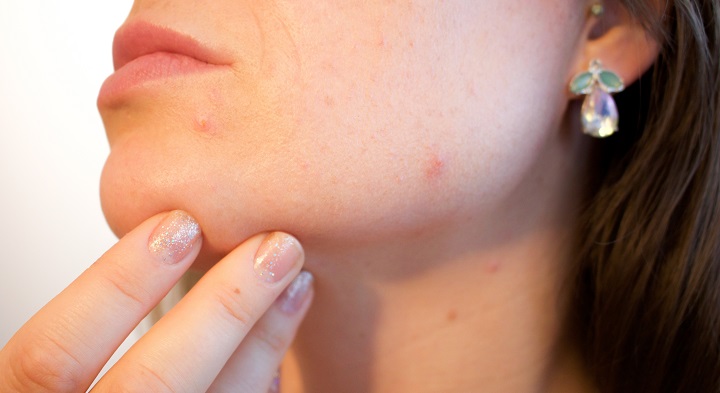
Much like sudden growth spurts and the appearance of hair and curves in places where there never used to be any, acne is a rite of passage few teens can escape. Natural hormonal changes in adolescence stimulate oil glands and the production of sebum, and when a combination of sebum, bacteria, and dead skin cells clogs our skin’s pores, it results in unsightly pimples. The presence of pimples in the form of whiteheads (clogged pores that close and bulge from the skin), blackheads (clogged pores that remain open and have a darker top surface), pustules, and red bumps on the face, and upper body is known as acne.
At its worst, acne is the scourge of teenagers, affecting their self-esteem and ability to interact with their peers with ease. Their consolation is the fact that acne can be controlled with proper skincare treatments, and a healthy diet and lifestyle.
But what if it extends beyond the teen years and well past our 20s? “Acne after the age of 25 is called adult acne or post-adolescent acne,” says Elsie Reynosa P. Floreza, MD, a Dermatologist and Chair of the Department of Dermatology and Chief of the Skin and Laser Hub of the top hospital in the Philippines, Makati Medical Center (MakatiMed). “Like adolescent acne, adult acne is caused primarily by the excess production of oil in the skin, dead skin, and accumulation of bacteria resulting in inflammation.”
“Hormones, stress level, diet, lifestyle, personal care products, like certain soaps, shampoos, moisturizers, and make-up trigger the production of oil in the skin,” Dr. Floreza explains.
Medications, most commonly steroids, both oral and topical, have also been known to cause acne. So too can your diet: Studies have shown a link between increased acne and the consumption of dairy products and high-glycemic-index food. A family history of acne is a major predisposing factor as well.
“Acne can even be a manifestation of more serious internal conditions like polycystic ovary syndrome or Cushing Syndrome (when your body produces too much of the hormone cortisol),” adds Dr. Floreza. In such cases, a thorough examination and blood tests will either confirm or rule out these diseases.
Otherwise, adult acne can be addressed the same way as adolescent acne: with topical products containing salicylic acid or benzoyl peroxide, gentle facial cleansers, and oral prescription drugs. Lasers have been known to dramatically improve scars and blemishes from acne, and facilitate flattening out of active red bumps.
Other proactive steps to take:
Do wash your face before bedtime. “Never go to bed with makeup on, and wash your face with an oil-free facial cleanser,” Dr. Floreza emphasizes. “Steer clear as well of oil-based shampoos and other personal care products that can induce further clogging of the pores.”
Do watch what you eat. “Avoid foods that are high on the glycemic index. These include sugar- and carbohydrate-rich cake, white rice, white bread, and soda.”
Do keep your hands away from your face. “While it’s tempting to pop a pimple yourself, it’s best to let it run its course,” Dr. Floreza points out. “Popping a pimple may just lead to infection and leave a scar.”
Do let the pros handle it. “It is highly advisable to seek the help and expertise of a board-certified dermatologist,” says Dr. Floreza. “He or she will be able to identify the cause behind your adult acne and offer the best mode of treatment for your condition.”

